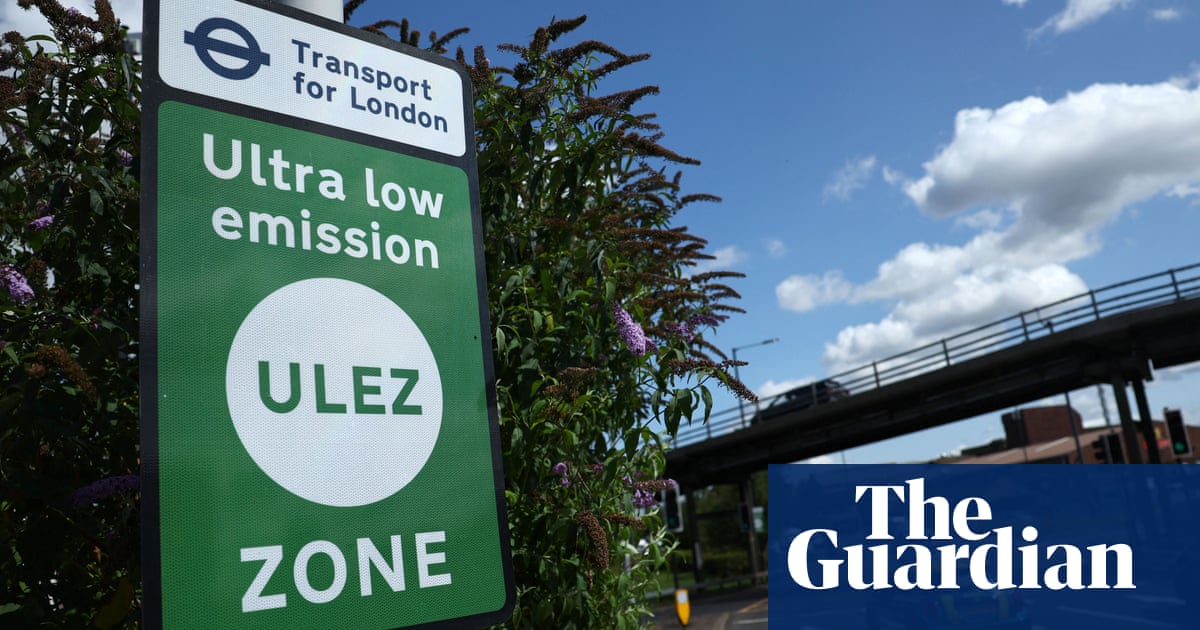
In the next few weeks, many young people will embark on a relationship that will last for years or maybe even decades, so it’s vital they pick the one that will make them happy and treat them well.
This is nothing to do with romantic liaisons – we’re talking about student bank accounts. It’s the time of year when high street banks and building societies attempt to woo those heading off to university with flashy freebies and generous overdrafts in the hope that at least some will stay on as customers long after they have left their studies behind.
You are not required to have a student bank account – you could opt for a standard current account. However, those aimed at university-goers offer features you typically cannot get elsewhere.
Here we look at the perks and interest-free overdrafts on offer from the main players.
NatWest/RBS
The perks: £100 in cash and a free tastecard, valid for four years and offering deals such as up to 50% off your food bill and two-for-one meals. NatWest/RBS says the tastecard is worth £55 a year, although at the time of writing, annual membership was available for £29.99.
Interest-free overdraft: up to £2,000 from year one (limited to £500 in term one, year one). Up to £3,250 from year three onwards.
Anything else I should know? This year, NatWest is the bank offering the most generous interest-free overdraft deal, says Rachel Springall at the website Moneyfactscompare.co.uk.
NatWest and RBS came top in the website Save the Student’s banking survey earlier this year, with student satisfaction scores of 4.28 and 4.17 out of five.
Santander
The perks: the Edge student account comes with a free four-year 16-25 railcard the bank says is worth £100, offering students up to a third off most rail fares. There’s also a prize draw for new customers, with 20 students due to win £27,750, the equivalent of three years’ worth of tuition fees, and 30 students in line to win £9,250, the equivalent of a year of fees. To be eligible to enter, customers must open a student account and pay in £500 between 15 July and 30 September – this can be your first student loan payment if it arrives in time.
Interest-free overdraft: a “guaranteed” £1,500 for the first three years. This can increase to £1,800 in year four and up to £2,000 in year five (if students continue with their studies).
Anything else I should know? Santander was found to be the most popular bank among students in a survey by Save the Student, with more than a fifth (21%) of those polled banking with it. However, on student satisfaction, it was this year pushed into third place by NatWest and RBS after three years in the top spot.
Nationwide
The perks: The building society offers £100 in cash and £120 of Just Eat vouchers, paid out as £10 a month over the first year.
Interest-free overdraft: up to £1,000 in year one, up to £2,000 in year two, and up to £3,000 in year three (and beyond, if applicable).
Anything else I should know? If you open a savings account with Nationwide as well, you could get an extra £100 each year via its Fairer Share scheme.
Some students will like the fact that Nationwide is a mutual organisation (owned by its members rather than shareholders) and gives 1% of its profits to charity.
Lloyds Bank
The perks: £110 in cash. There is also a 20% discount on selected student union events at 29 universities in the new academic year – see its website for the list.
Interest-free overdraft: up to £1,500 in years one to three (£500 in the first six months, rising to £1,000 in months seven to nine, and £1,500 from month 10), and then up to £2,000 in years four to six (if applicable).
Anything else I should know? Students can earn 2% interest on positive account balances between £1 and £5,000. With Lloyds’s Everyday Offers scheme, they can earn up to 15% cashback at retailers including Asos, Domino’s and Sainsbury’s.
HSBC
The perks: no freebies for new customers with the bank. From 15 August to 30 September existing HSBC customers who apply for a student account, or to convert a basic or children’s account, will get £125.
Interest-free overdraft: up to £1,000 when you open it. You can ask for an increase to up to £2,000 in year two and up to £3,000 in year three.
Anything else I should know? Students can access the bank’s home&Away scheme, which offers discounts on things such as shopping, dining and travel. They are also able to put money into an HSBC regular savings account paying 5%.
Barclays
The perks: a free three-year subscription to Perlego, an online library of academic and nonfiction titles – it normally costs £96 a year.
Interest-free overdraft: up to £1,000 in year one (up to £500 during the first term), then up to £1,500 in year two and beyond.
Anything else I should know? Barclays has been the subject of demonstrations by anti-war activists and climate campaigners. Earlier this year it suspended sponsorship of all Live Nation music festivals for 2024 after protests from bands and fans over the bank’s financial links to defence companies supplying Israel. Its chief executive has responded in the Guardian, saying: “Like other banks in the UK, we finance some companies making defence equipment, alongside their civilian products” but “we are not an investor in any of these companies, though we occasionally hold shares in them on behalf of our clients.”
Halifax
The perks: £110 in cash.
Interest-free overdraft: up to £1,500 for the duration of your course (and for up to three years after you graduate).
Anything else I should know? Students earn 0.5% interest on any positive balance. With Halifax’s Cashback Extras scheme, they can earn up to 15% cashback at retailers including Costa Coffee, Just Eat and Sainsbury’s.
Bank of Scotland
The perks: £110 in cash.
Interest-free overdraft: up to £1,500 in years one to three (£500 in the first six months, rising to £1,000 in months seven to nine, and £1,500 from month 10), and then up to £2,000 in years four to six (if applicable).
Anything else I should know? With the bank’s Everyday Offers scheme, students can earn up to 15% cashback at selected retailers.
TSB
The perks: No major freebies but there are various discounts, including 35% off a Hussle monthly gym pass and 25% off AA breakdown cover.
Interest-free overdraft: £500 in the first six months, rising to £1,000 in months seven to nine, and up to £1,500 from month 10.
Anything else I should know? Students can earn 5% interest on account balances up to £500.
Monzo: a back-up option?
The app-based bank Monzo doesn’t offer a dedicated account for students but is popular with them: 5% of those surveyed by the website Save the Student had an account.
Students may want to use its standard account for some of their day-to-day spending. Many like the features that make it easier to budget, save and split costs. For example, you can organise your money into “pots” for food shopping and nights out.
But, crucially, there is no interest-free overdraft or buffer. Standard overdrafts are available (Monzo charges 19%, 29% or 39% EAR), and those eligible can get a limit of up to £2,000.
Students on the ‘selling point’ that attracted them
When it comes to opening a student bank account, the choice can be overwhelming. We asked some current students and recent graduates how they decided where to put their money.
The decision often involves a balance between a large interest-free overdraft and the perks available – in most cases it was the freebies that swayed students’ decisions.
Arushi Ramaiya moved from NatWest to HSBC’s student account largely because of the £100 in cash on offer. Amie Medcalf, who moved from Santander to NatWest, was also attracted by £100 in cash, as well as the free tastecard. She kept some money in another account because she felt it was safer than put everything with one bank.
Travel can be a big outlay, particularly if your university is a long way from your family home. For Alice Ryb and Anna Elsner, commuting to the University of Edinburgh from London and Oxford respectively, the free 16-25 railcard was “a huge selling point” for Santander’s student account.
Similarly, Harleen Uppal, who moved from Birmingham to university in Manchester, says the free railcard was “the only reason” she chose a Santander account. “In the first year I used to go home like every two weeks – I just kept going up and down,” she says. “It was also a really good bargain in the summer.”
Svenja Helmold was less interested in overdrafts and perks than in finding a bank that matched her values. “Having an ethical, sustainable bank is one of the best things you can do for the environment,” she says. Nationwide stood out as an ethical organisation offering a student account. She saysthe staff have been friendly and helpful – and they sent her biscuits when she started university. Mahika Ravi Shankar












